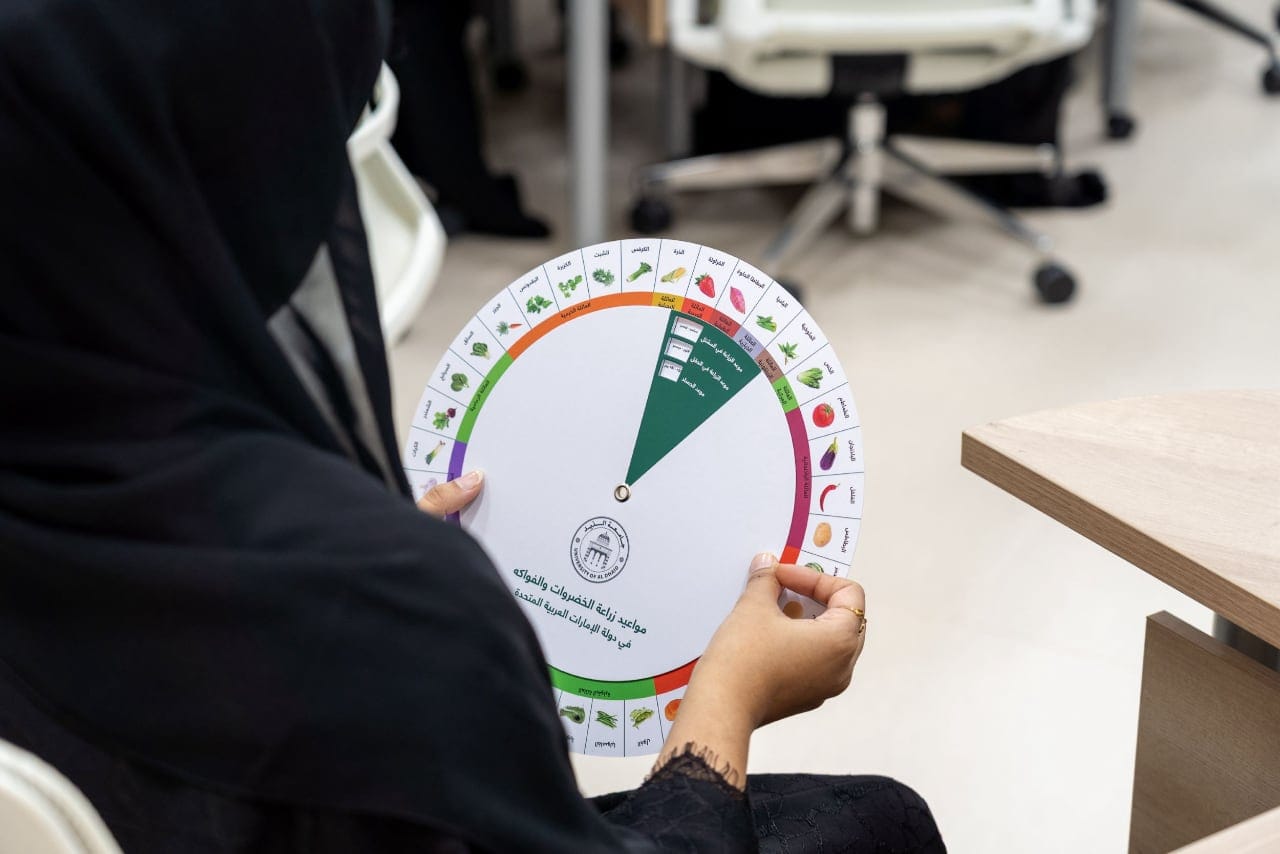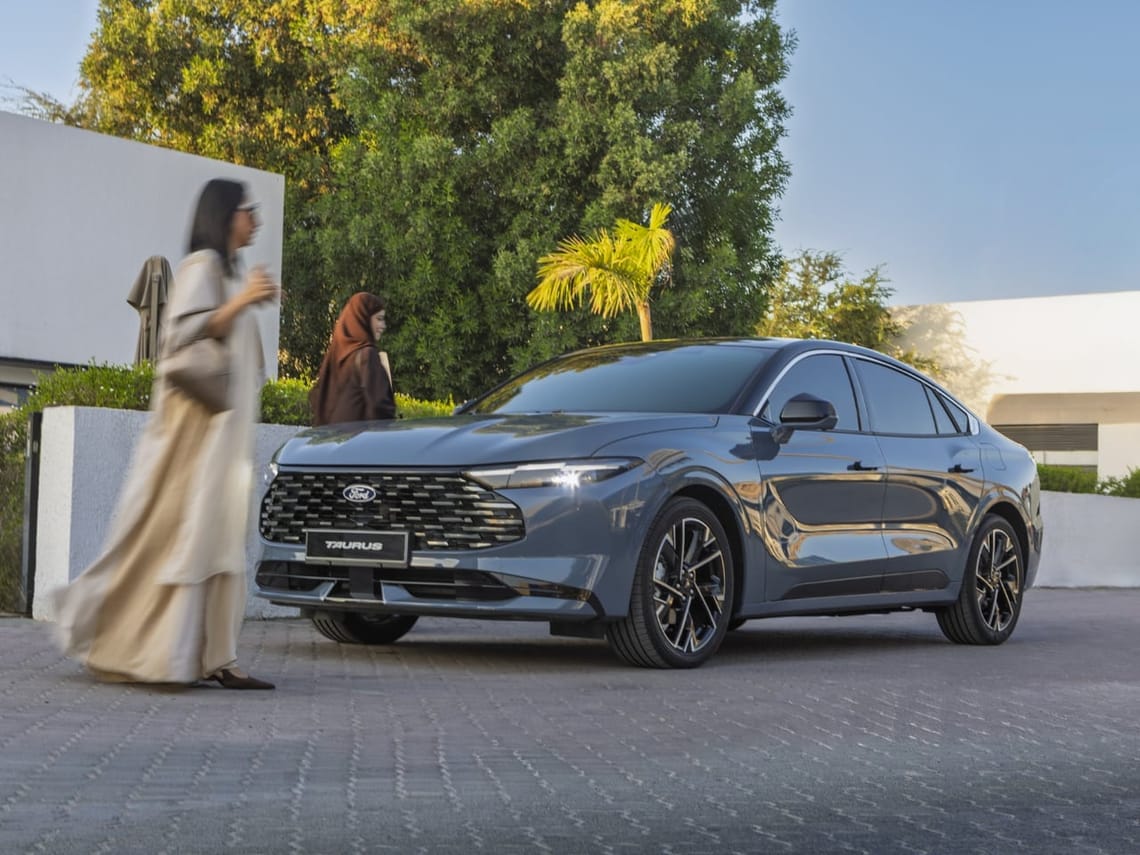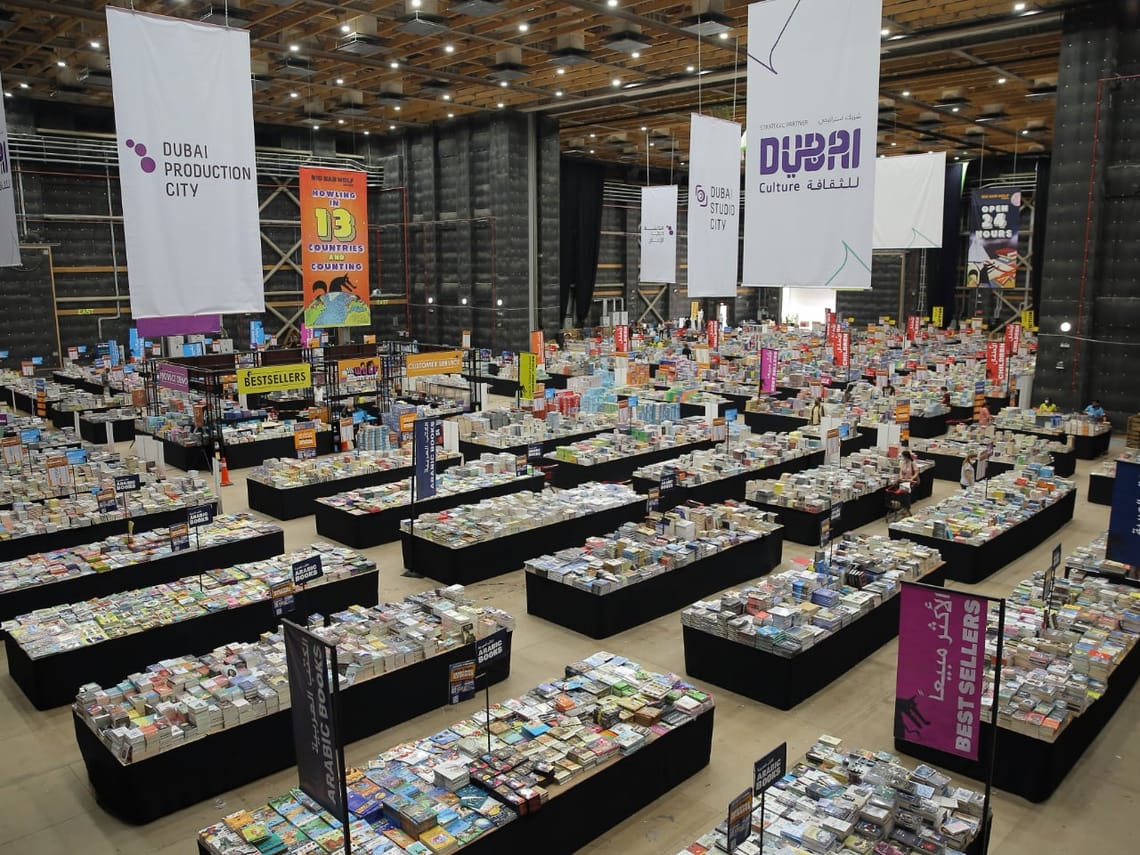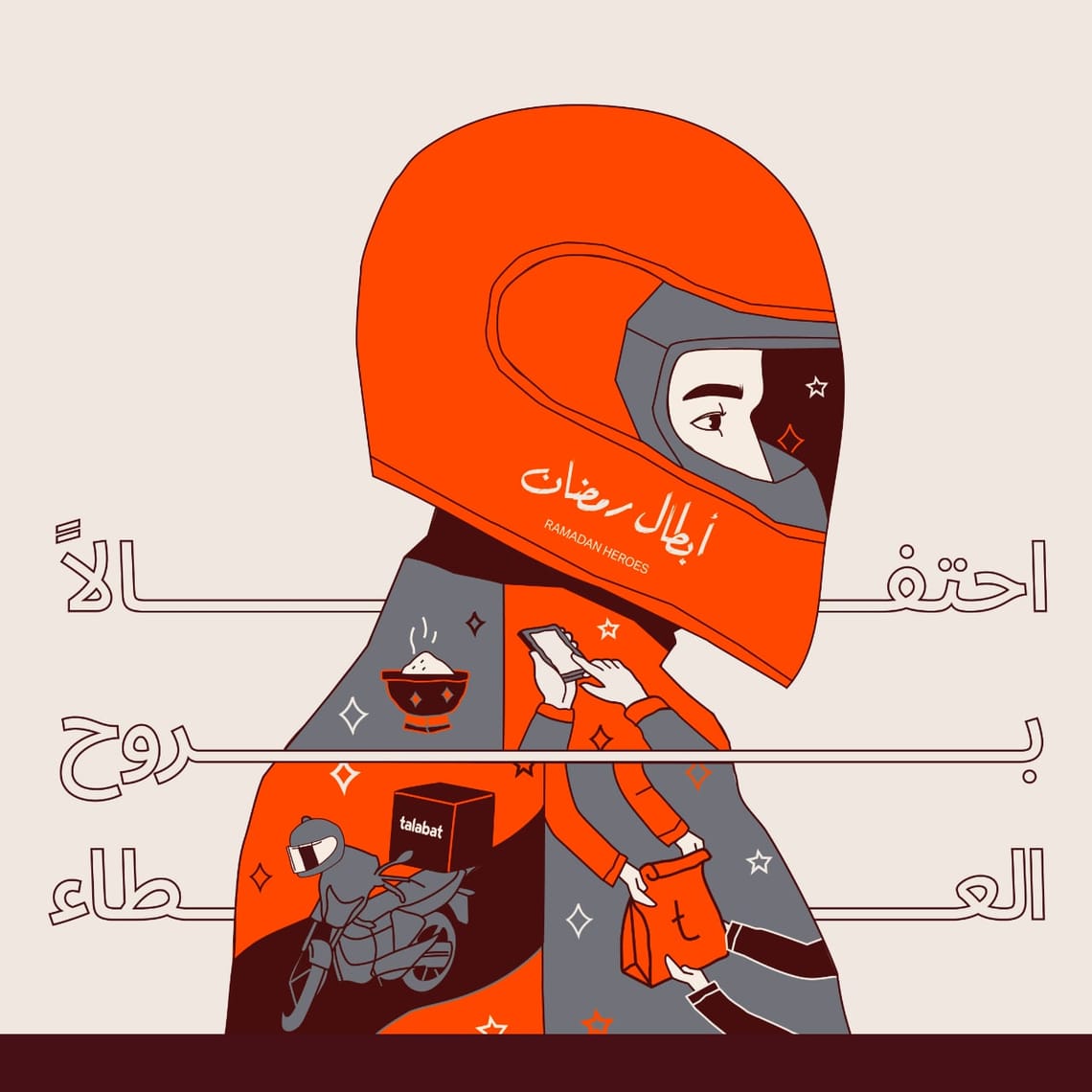- Six-week programme in Al Dhaid and Khorfakkan runs 14 Oct to 25 Nov 2025.
- Led by NAMA with Al Dhaid University, focused on women-led agribusiness.
- Mix of workshops, case studies and a capstone project.
- Modules cover organic gardening, hydroponics, safety, branding and licensing.
- Goal: income, confidence and food security through home-based enterprises.
NAMA Women Advancement has kicked off a specialised agri-business programme with Al Dhaid University to help women in Sharjah’s central and eastern regions turn gardens into sustainable, home-based businesses. The six-week course combines practical agriculture with the business skills needed to sell safe, market-ready products locally. Sessions take place in Al Dhaid and Khorfakkan from 14 October to 25 November 2025.
Who it’s for and where it runs
The programme targets women ready to move from hobby gardening to selling real products, with sessions hosted in Al Dhaid and Khorfakkan to reach communities in Sharjah’s central and eastern regions.
- Women based in Sharjah’s central/eastern regions
- In-person learning in Al Dhaid and Khorfakkan
- Timetable spans six weeks, mid-Oct to late-Nov
The organisers are clear about the purpose: build women-led enterprises that contribute to local food security and personal financial independence. Location matters here; taking the training closer to where people live increases the odds of real projects surviving beyond the classroom.
What you’ll learn: agriculture
The curriculum starts with the soil and ends with safe, saleable produce. It moves from organic and modern gardening to crop preservation and value-added products.
- Fundamentals of organic/modern gardening and garden planning
- Seedling, mulching, fertilisation
- Seedling care, irrigation, pest management
- Crop preservation, product safety and quality
- Value-added agricultural products
The agricultural track isn’t a Pinterest tour of herbs on a windowsill. It covers techniques you actually need in the UAE, including irrigation and pest control, then steps into preservation and quality so products don’t just look good on Instagram but also pass basic safety checks.
What you’ll learn: the business side
Once the crops are sorted, the programme shifts to building a business that can survive contact with reality.
- Agripreneurship basics and planning
- Market requirements
- Legal requirements and licensing for home-based food production
- Building a brand and telling your project story
The business modules cover the bits many side-hustles skip: pricing, branding and the legal hoops you must clear to sell food. There’s also practical guidance on access to markets and cooperatives, so it’s not a theoretical lecture with a glossy PDF at the end.
How the programme runs
Training uses interactive workshops, group discussions and local case studies, finishing with a capstone project that asks participants to pitch a viable agri-business concept.
- Workshops and hands-on practice
- Discussions around local case studies
- Final capstone with a market-ready concept
A capstone matters because it forces decisions: what to grow, how to package, where to sell, and what permits you need. That’s the difference between “nice idea” and a basic P&L that doesn’t fall apart after the first delivery.
Why it matters for the UAE
NAMA frames agriculture as an empowering way for women to control production and move up the value chain, aligning with national food security goals. The partner university provided curriculum input and field experts for delivery.
- Ownership of the full production cycle
- Better financial independence and community standing
- Practical contribution to local food security
It’s also culturally tuned. The organisers say the programme blends Emirati heritage with modern entrepreneurial tools, which is a polite way of saying it respects how families already grow and preserve food, then layers in branding, hygiene and viable routes to market.
Statement from NAMA
NAMA’s Director General, H.E. Mariam Al Hammadi, calls agriculture a tangible path for women to transform harvests into value-added products and expects the programme to serve as a blueprint for future initiatives that strengthen food security.
- Focus on ownership, value addition and leadership
- Emphasis on heritage plus modern tools
- Blueprint potential for future programmes
That framing matters: it moves the story from “course for hobbyists” to “repeatable model for micro-enterprise,” which is the only way these things scale across communities.
When does the programme run?
From 14 October to 25 November 2025, over six weeks.
Where is it held?
Al Dhaid and Khorfakkan, serving Sharjah’s central and eastern regions.
Who is organising it?
NAMA Women Advancement, in partnership with Al Dhaid University.
What topics are covered?
Organic and modern gardening, hydroponic fundamentals, hygiene and safety, licensing, branding, pricing and access to local markets.
What’s the outcome for participants?
A capstone with a viable agri-business concept and the skills to produce safe, market-ready products.
Subscribe to our newsletter to get the latest updates and news















Member discussion